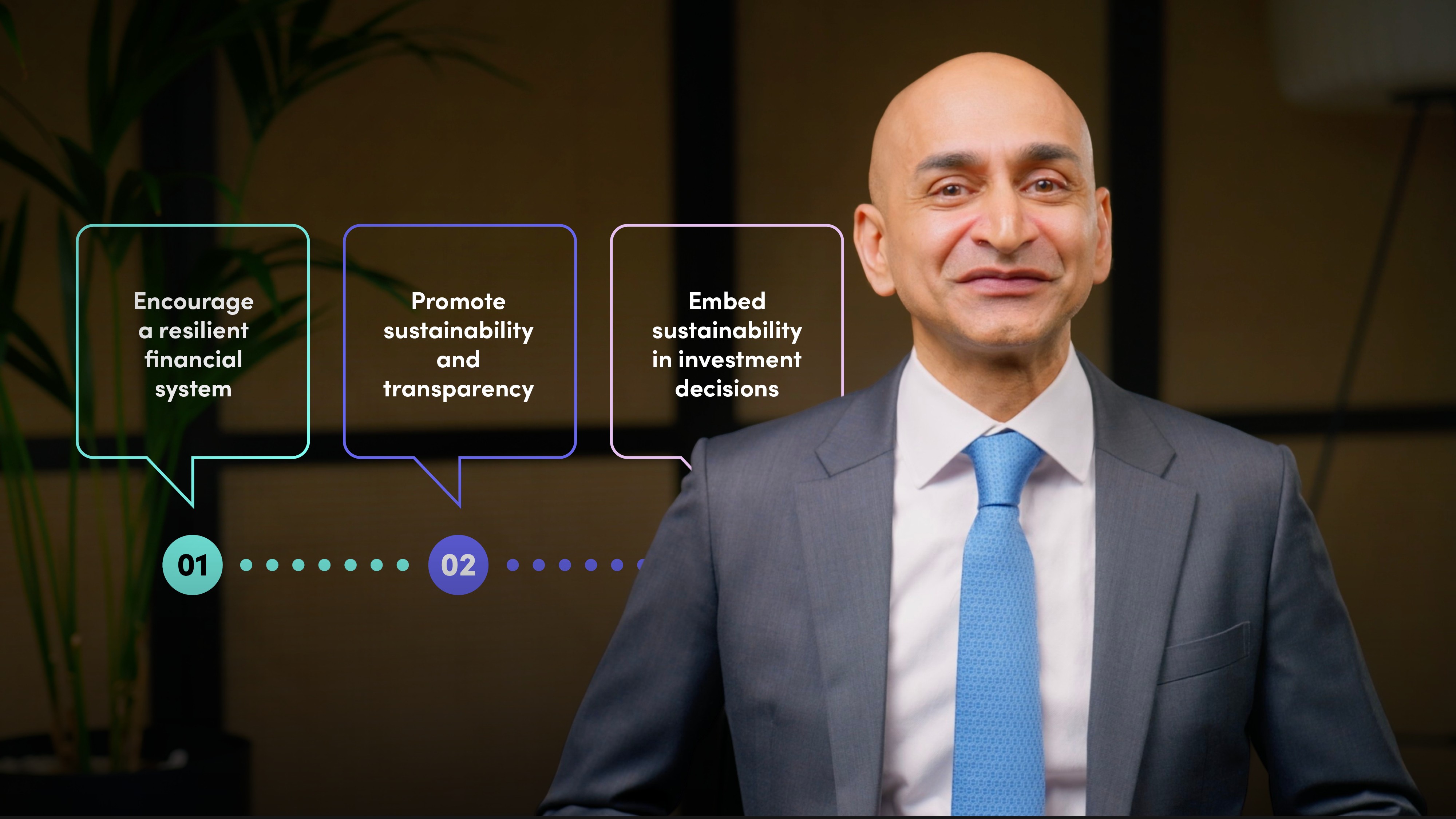
Linking SFDR, CSRD, and the EU Taxonomy

Arun Kelshiker
20 years: Asset management and stewardship
In this video, Arun explores how the SFDR, CSRD, and EU Taxonomy work together to embed sustainability into finance. He explains key concepts like Principal Adverse Impacts (PAIs), how CSRD strengthens SFDR by improving ESG data quality, and the benefits and challenges of implementing these regulations.
In this video, Arun explores how the SFDR, CSRD, and EU Taxonomy work together to embed sustainability into finance. He explains key concepts like Principal Adverse Impacts (PAIs), how CSRD strengthens SFDR by improving ESG data quality, and the benefits and challenges of implementing these regulations.
Subscribe to watch
Access this and all of the content on our platform by signing up for a 7-day free trial.

Linking SFDR, CSRD, and the EU Taxonomy
11 mins 41 secs
Key learning objectives:
Understand the role of Principal Adverse Impacts (PAIs) in SFDR and their disclosure requirements
Outline how CSRD complements SFDR by broadening the scope of sustainability reporting
Identify the benefits and challenges of implementing SFDR, CSRD, and the EU Taxonomy
Understand the evolving synergy between these regulations in promoting sustainable investment and aligning with EU Green Deal objectives
Overview:
Subscribe to watch
Access this and all of the content on our platform by signing up for a 7-day free trial.
Subscribe to watch
Access this and all of the content on our platform by signing up for a 7-day free trial.

Arun Kelshiker
There are no available Videos from "Arun Kelshiker"





























